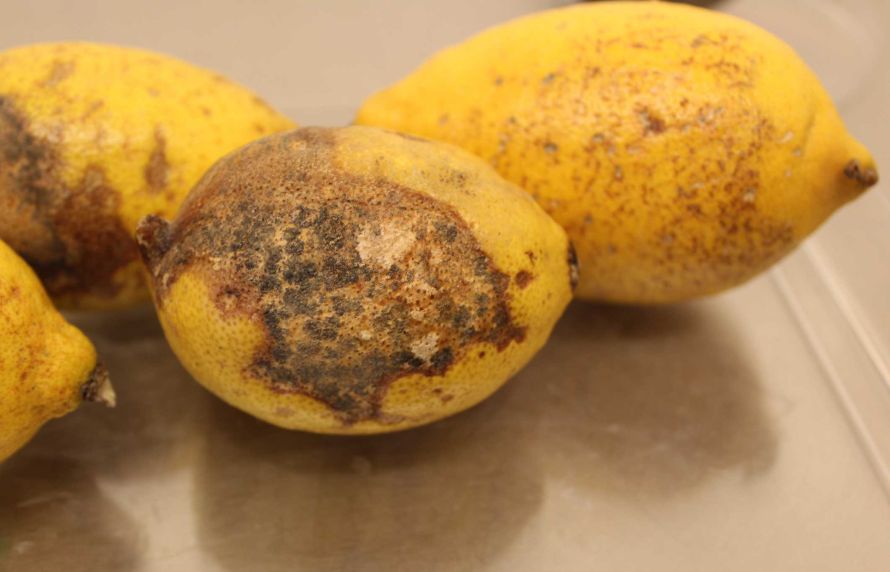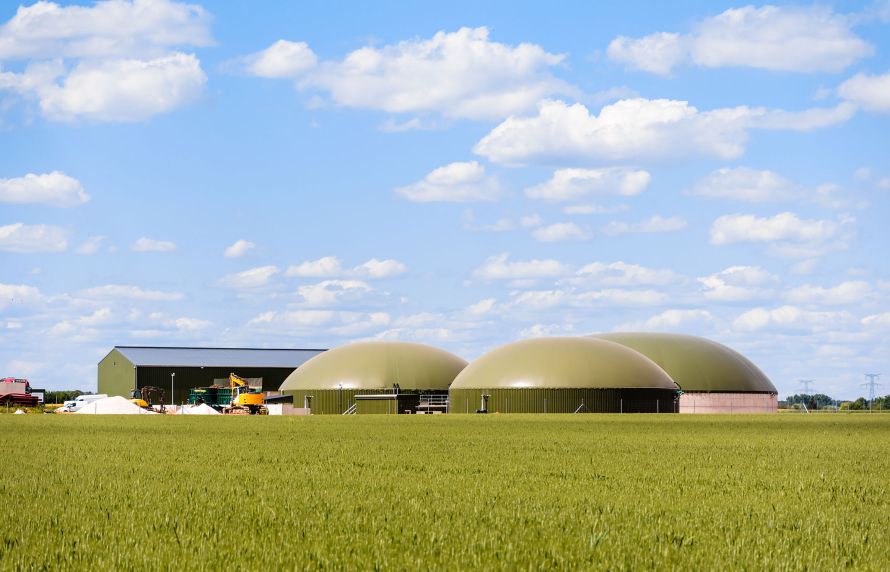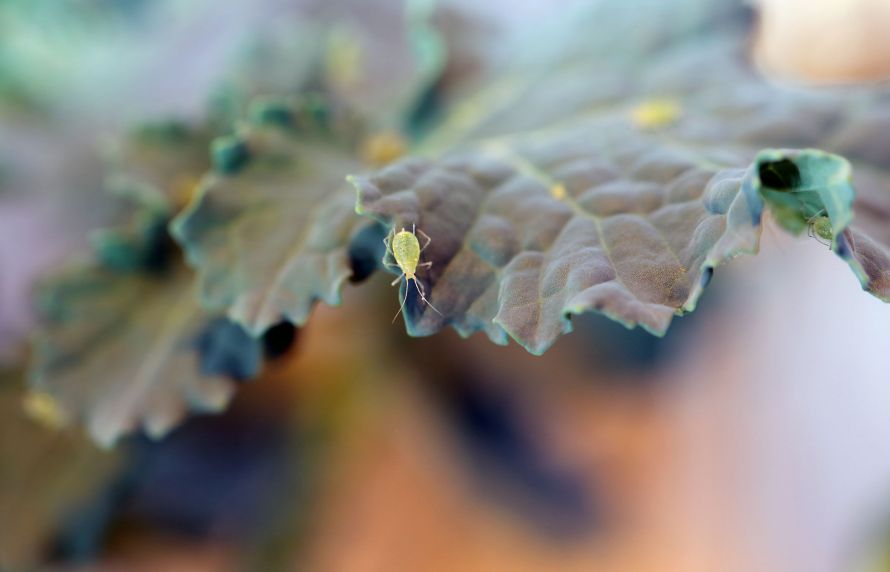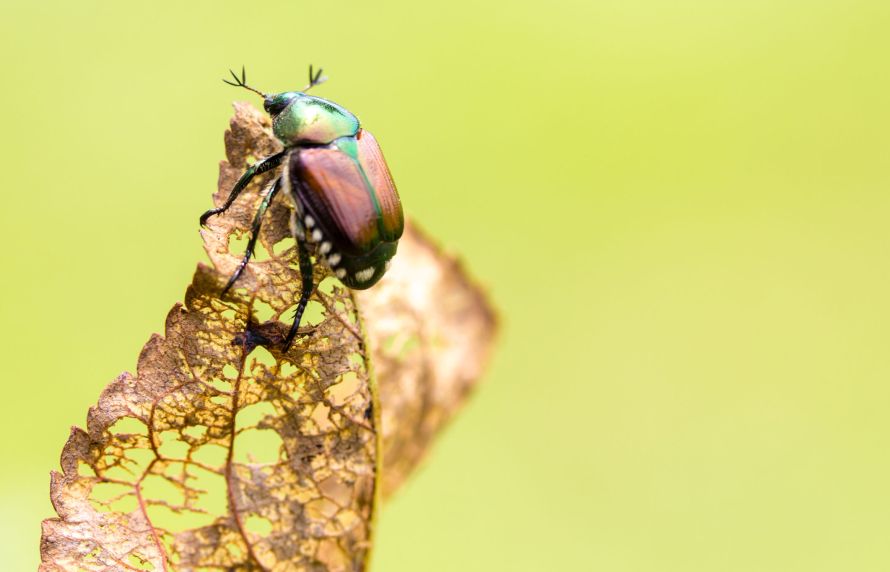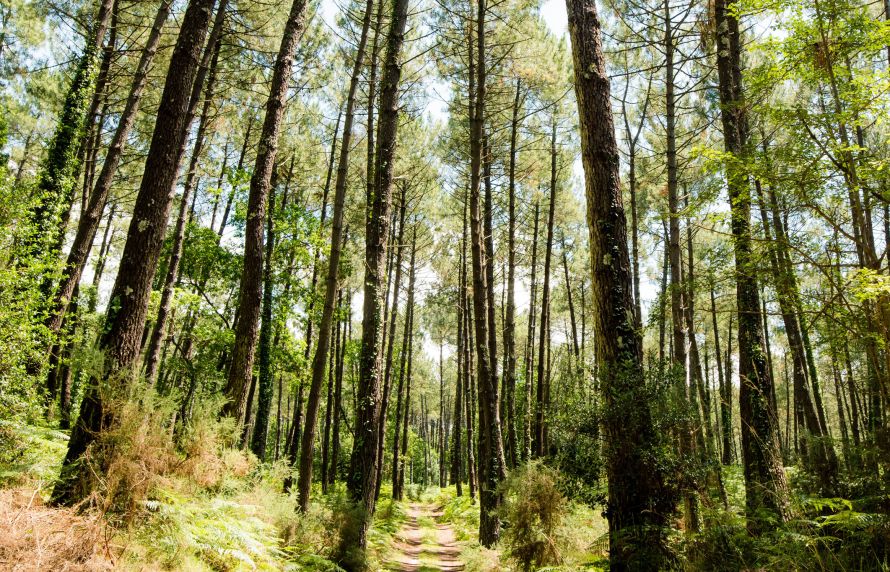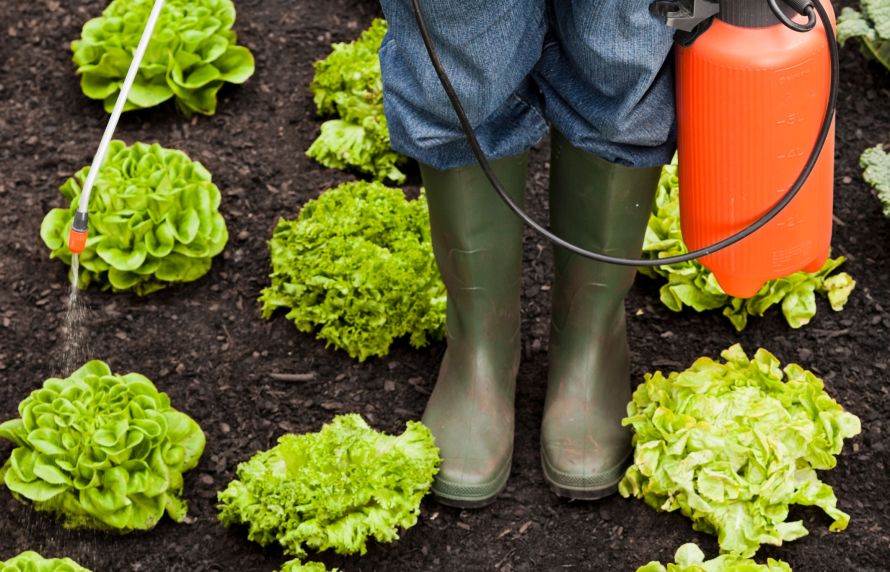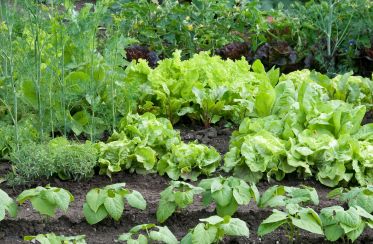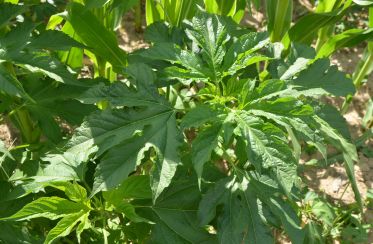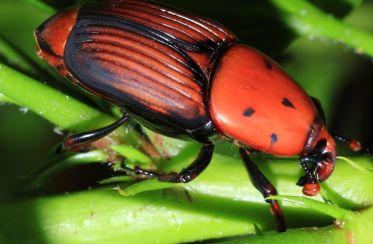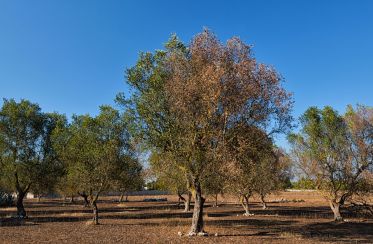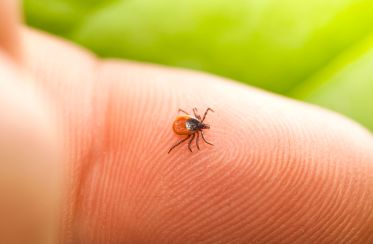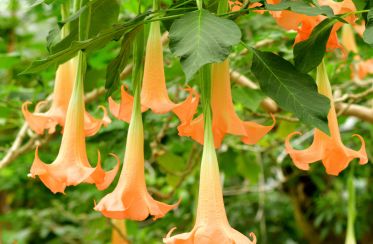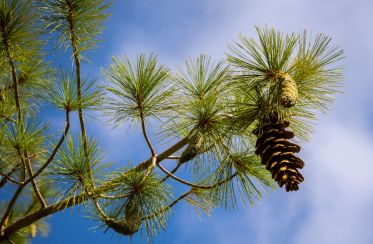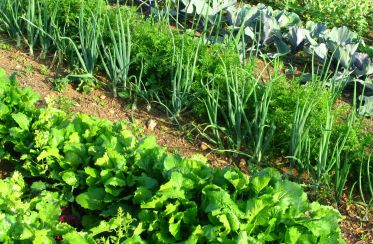
Page thématique
Plant health
Plants can be threatened by diseases, pathogens or pests. These have an impact on health, the economy, food and biodiversity. Through its expertise, ANSES helps to prevent the emergence of diseases and pests, combat invasive plants, and reduce the impact of pesticide use in order to preserve the diversity of plant species and crops.
News
Decryption
Publications
Biological risks for plant health
Date de mise en ligne
03/06/2021
Numéro de saisine
2020-SA-0133
Biological risks for plant health
Date de mise en ligne
29/04/2020
Numéro de saisine
2019-SA-0080
Biological risks for plant health
Date de mise en ligne
25/06/2019
Numéro de saisine
2015-SA-0078
Biological risks for plant health
Date de mise en ligne
10/07/2019
Numéro de saisine
2016-SA-0235
Biological risks for plant health
Date de mise en ligne
23/10/2019
Numéro de saisine
2017-SA-0259
Biological risks for plant health
Date de mise en ligne
03/06/2021
Numéro de saisine
2020-SA-0133
Biological risks for plant health
Date de mise en ligne
29/04/2020
Numéro de saisine
2019-SA-0080
Biological risks for plant health
Date de mise en ligne
25/06/2019
Numéro de saisine
2015-SA-0078
Biological risks for plant health
Date de mise en ligne
10/07/2019
Numéro de saisine
2016-SA-0235
Biological risks for plant health
Date de mise en ligne
23/10/2019
Numéro de saisine
2017-SA-0259
Biological risks for plant health
Date de mise en ligne
05/06/2018
Numéro de saisine
2016-SA-0090
Biological risks for plant health
Date de mise en ligne
26/06/2017
Numéro de saisine
2016-SA-0170
Biological risks for plant health
Date de mise en ligne
08/04/2020
Numéro de saisine
2015-SA-0266
Biological risks for plant health
Date de mise en ligne
15/02/2016
Numéro de saisine
2014-SA-0103
Substances and plant protection products, biocontrol
Date de mise en ligne
19/06/2014
Numéro de saisine
2013-SA-0211
Substances and plant protection products, biocontrol
Date de mise en ligne
03/01/2013
Numéro de saisine
2012-SA-0178
Biological risks for plant health
Date de mise en ligne
02/08/2012
Numéro de saisine
2012-SA-0121
Substances and plant protection products, biocontrol
Date de mise en ligne
01/06/2012
Numéro de saisine
2012-SA-0092
Substances and plant protection products, biocontrol
Date de mise en ligne
12/04/2012
Numéro de saisine
2012-SA-0033
Substances and plant protection products, biocontrol
Date de mise en ligne
06/12/2011
Numéro de saisine
2011-SA-0237
Substances and plant protection products, biocontrol
Date de mise en ligne
07/04/2010
Numéro de saisine
2010-SA-0029
Substances and plant protection products, biocontrol
Date de mise en ligne
16/12/2009
Numéro de saisine
2009-SA-0253
Substances and plant protection products, biocontrol
Date de mise en ligne
19/05/2009
Numéro de saisine
2009-SA-0071
Substances and plant protection products, biocontrol
Date de mise en ligne
17/07/2008
Numéro de saisine
2007-SA-0393
Substances and plant protection products, biocontrol
Date de mise en ligne
03/04/2008
Numéro de saisine
2007-SA-0393


